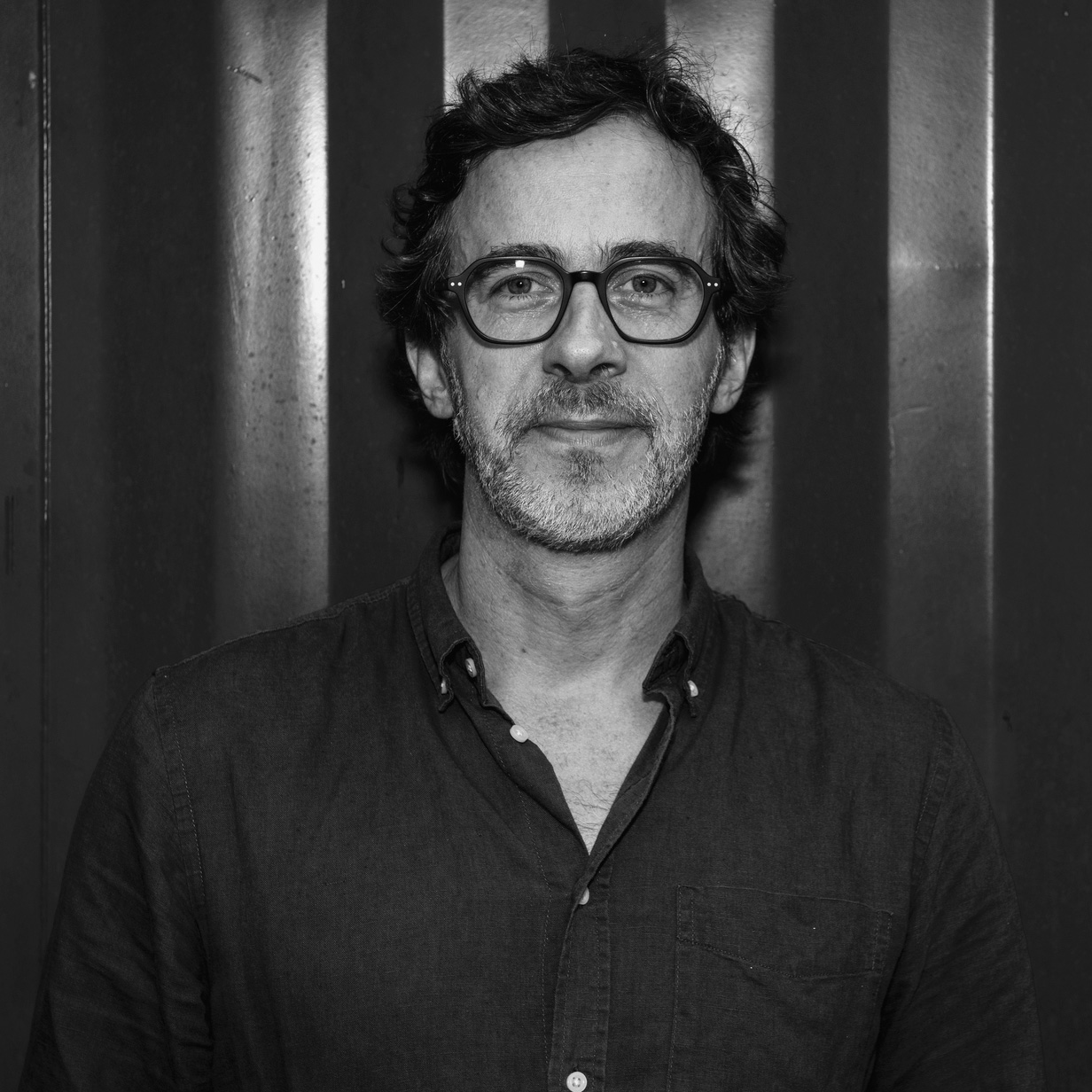Tropicuir: transverted aesthetic-politics - memory, archive, design
Guilherme Altmayer's research - now published in book form thanks to the fortunate initiative of the Centre for Theology and Human Sciences at PUC-Rio, in partnership with Editora PUC-Rio - represents a milestone in the construction of an expanded field of design research. For this very reason, the contributions of this research and the debates it instigates call into question the boundaries of this field, extending to queer studies and issues related to memory, (in)visibility, curatorial practices, LGBTQI+ artistic manifestations, the political activism of social movements and the construction of archives. Originally presented as a doctoral thesis developed within the framework of the Sensitive Representation Laboratory in the Graduate Programme in Design at PUC-Rio, this thesis-archive recounts a trajectory of building dissident gender and sex memories and visibilities through a series of curatorial actions and aesthetic-political practices.
Bringing to the design research scene some of the most important LGBTIA+ demonstrations that took place between the troubled years of 2010 and 2019, in which the author actively participated, as an artist-demonstrator, as a curator and as a researcher, Altmayer's thesis makes important contributions to the understanding of these agendas from a perspective of design and society studies and artistic curatorship, and also to the discussion on the visibility/invisibility strategies involved in the construction of collective memory and the production of archives. In the author's words, it's a question of ‘thinking about curatorship and its viadagens as processes of shaping networks and collective agency, which reveal part of the transgressive aesthetic-political movement underway in Brazil since the 2010s’.
Among the field experiences reported here, already thought of throughout their elaboration processes as exercises in remembrance and the generation of archives, the reader will find aesthetic-political practices such as the work realised in 2016, in partnership with the artist Carlos Motta, entitled Forma da Liberdade, an investigation of transgressed chronologies and activisms; the practices of activist and shared curatorship in the exhibition and series of meetings of Os Corpos são as Obras, held at Espaço Despina in 2017; an account of the process of building the NÚvemNEM movement, with the promotion of a contemporary art auction during the Queermuseu exhibition, at the Escola de Artes Visuais do Par12que Lage in 2018; a survey of exhibitions and collective meetings of ‘kuir, cuir, queer, transfeminist, feminist’ arts held during this period. In short, this is research rooted in the researcher's body, from the childhood Guigo inscribed in the graffiti on the wall in the small town of Rio Grande, extending to the diversity of bodies involved in the actions and practices reported and analysed in this book. As the author observes, curatorship, from the Latin curator, means one who is careful, appreciative - but it is ‘also a practice that establishes hierarchies of power in the organisation of ideas and concepts, which have a direct impact on regimes of visibility, and is therefore charged with ethical and political responsibilities’.
Intensely courageous, clear, engaging and problematising, the prose of this book carefully takes the reader by the hand, leading us to recall what perhaps not everyone has experienced, but which we glimpse as the memory and promise of the possibility of other forms of existence. Taking place during a period that culminated in the political and existential horrors of the present, the demonstrations, actions, practices and bodies that are the protagonists of this report are both a living archive of our recent past and a pointer towards a more interesting and possible future for everyone.
